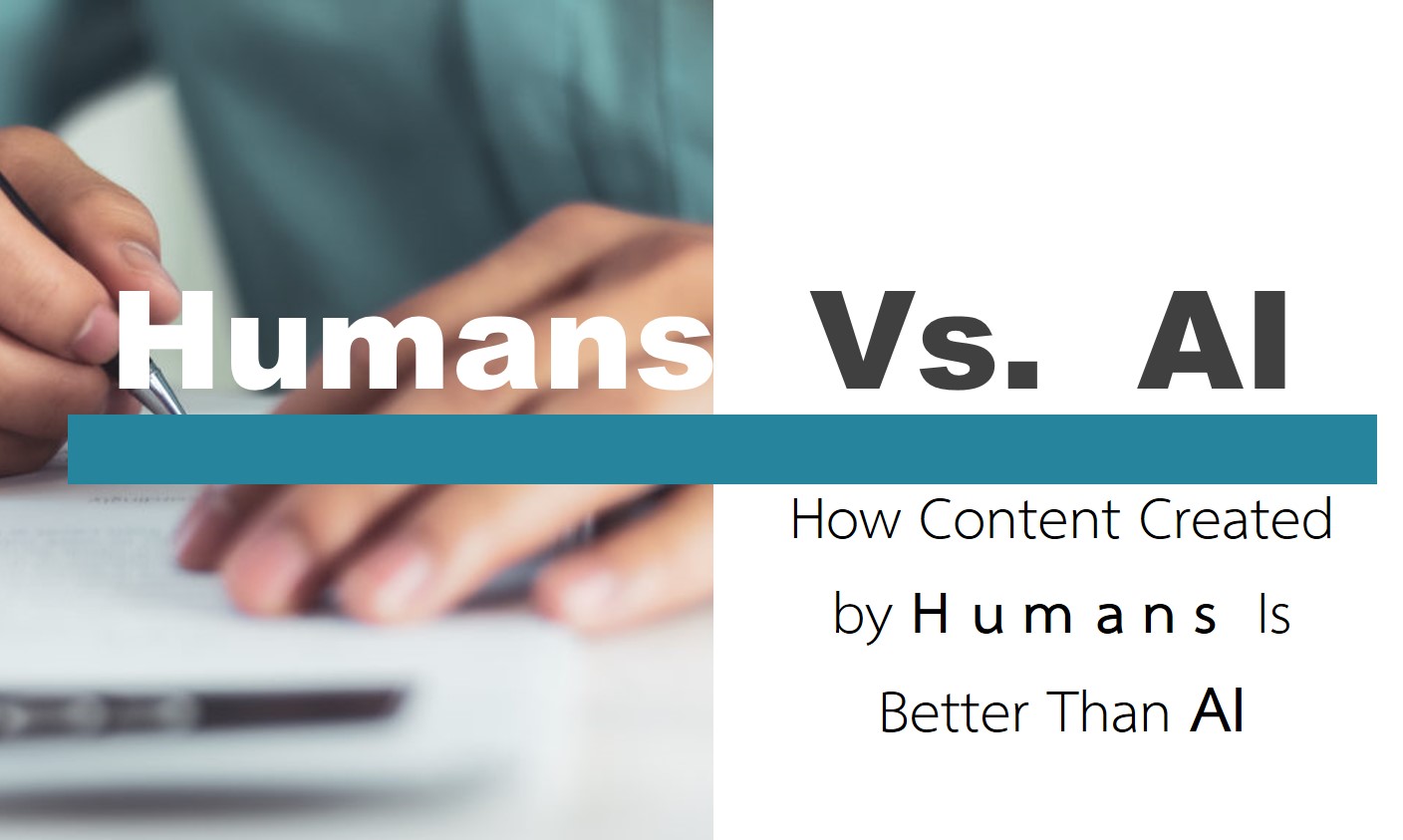Content created by humans holds a distinct and valuable advantage over content generated by AI due to its inherent authenticity, emotional depth, and creative nuance. Human creators bring their unique experiences, perspectives, and emotions to the table, crafting content that resonates with other humans on a deeper level. This personal touch infuses writing, art, and other forms of expression with a sense of genuine connection and relatability.
AI, while capable of processing vast amounts of data and producing content quickly, lacks the human element that imparts soul and purpose to creative works. Humans can draw upon cultural, historical, and emotional contexts, producing content that speaks to a shared human experience. Whether it’s a heartfelt poem, an evocative painting, or a thought-provoking essay, human creators bring a depth of emotion and insight that AI cannot replicate.
Moreover, human creativity thrives on imperfections and unpredictability, leading to innovative and original ideas. AI, in contrast, often relies on patterns and existing data, which can result in content that feels formulaic or uninspired. Human creators can take risks, push boundaries, and explore uncharted territory, leading to groundbreaking works that drive cultural and artistic progress.
In essence, content created by humans is not just about information or aesthetics; it’s about forging connections, evoking emotions, and sharing experiences that AI cannot truly replicate.


